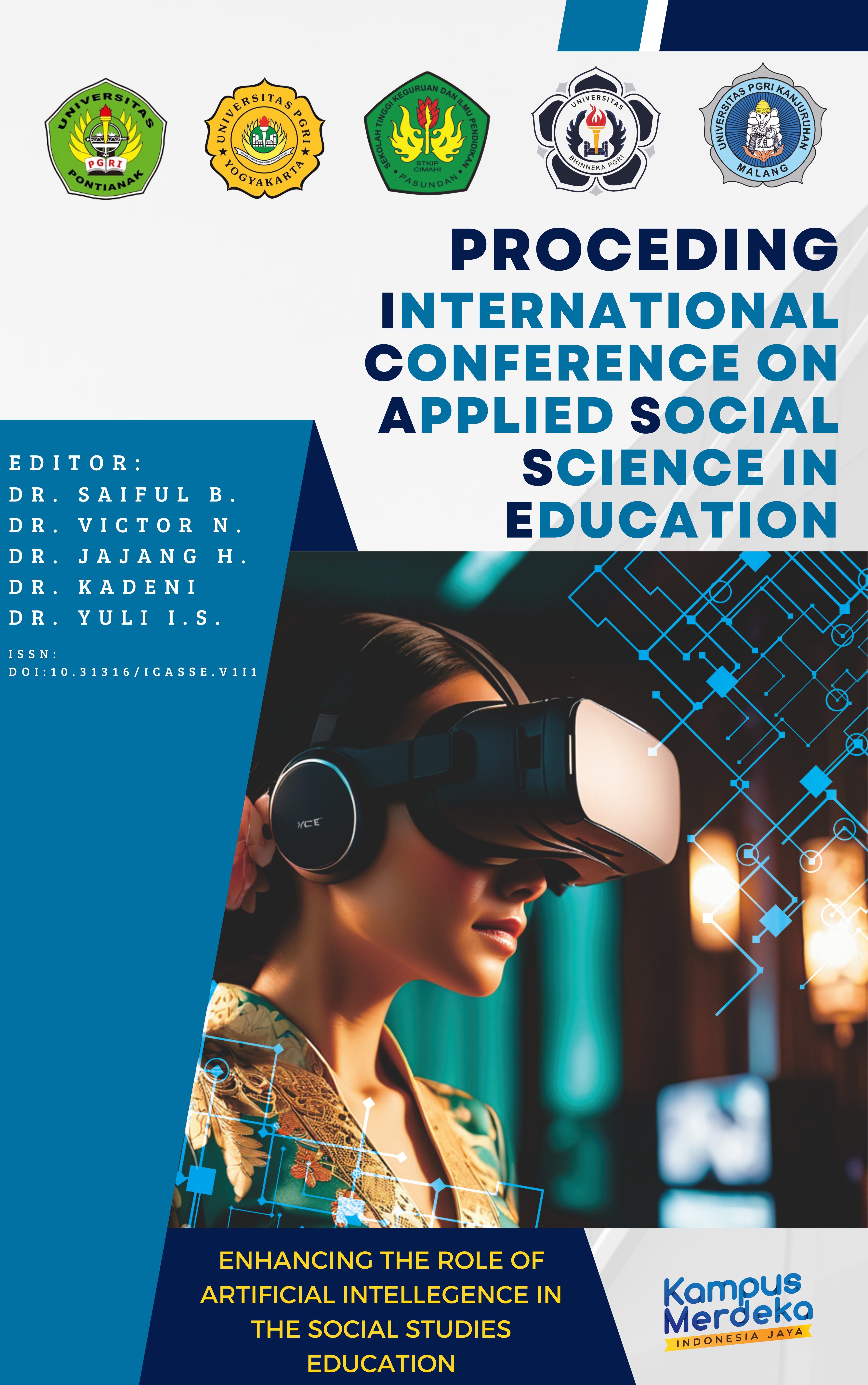IMPROVING THE QUALITY OF LEARNING WITH AI AS A LEARNING ASSISTANT
DOI:
https://doi.org/10.31316/icasse.v1i1.7009Abstract
Improving the quality of learning in the digital era requires maximum dedication and sacrifice from all parties involved. The use of artificial intelligence (AI) as a learning assistant in higher education promises great potential to improve effectiveness, personalization, and student engagement. However, further research and development is needed to comprehensively understand the implementation and impact of AI in the learning context. In the context of learning technology development, artificial intelligence (AI) has become a valuable assistant in the learning process. AI, such as ChatGPT, has streamlined the process of information retrieval and learning, providing ease of access, and providing quick responses to user queries. This use of AI is not limited to students; many people from different walks of life have benefited from it. However, in addition to the positive impacts, it should be recognized that the use of AI also has negative impacts, such as dependence on technology, lack of social interaction, and the digital divide. Therefore, the awareness and actions needed to address these negative impacts are crucial. To achieve a good balance between the positive benefits of AI and the reduction of negative impacts, proactive measures can be taken, including the development of human-centered pedagogy, data and privacy safeguards, teacher training, education on technology ethics, integration of AI across the educational spectrum, continuous evaluation, and interdisciplinary collaboration. With a wise approach, AI can be a powerful tool to support students' educational process and improve the quality of education in the digital era. This allows us to experience the positive benefits of this technology while minimizing its negative impacts.





